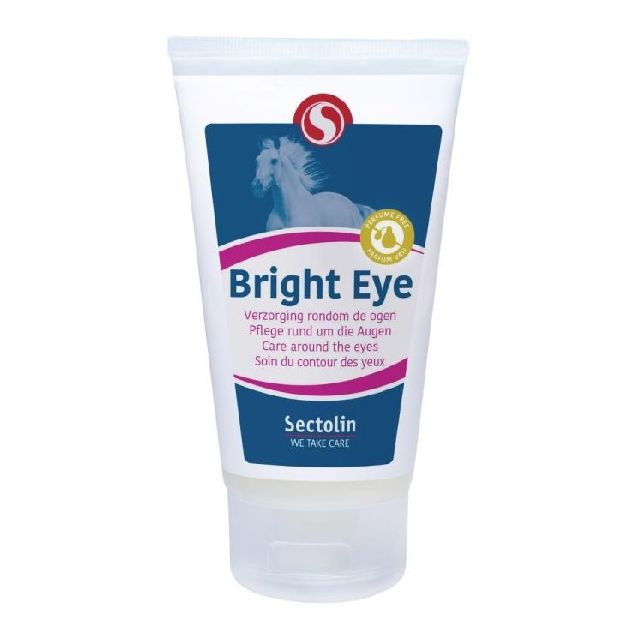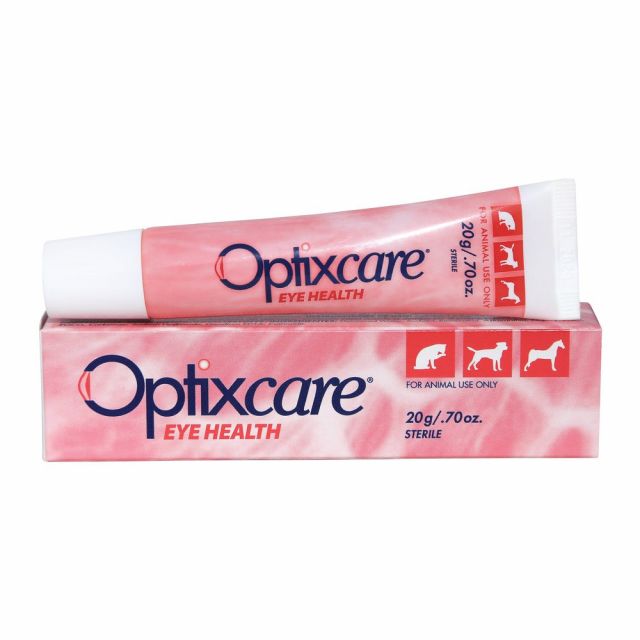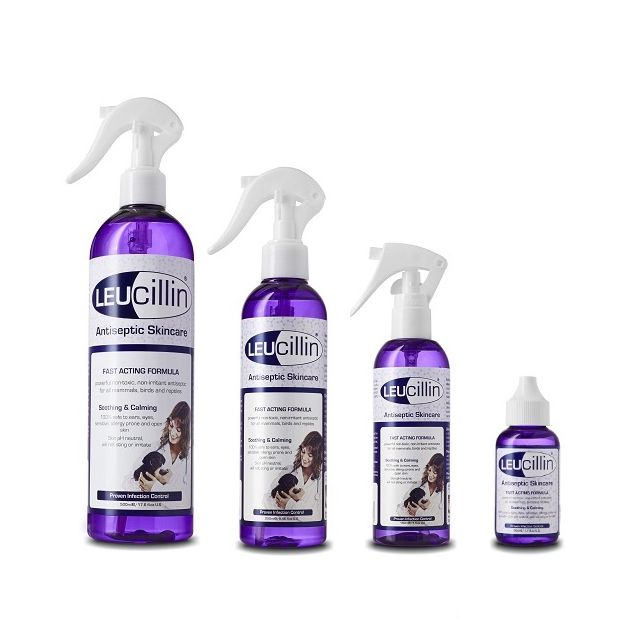The eyes of the horse
The eyes of the horse are well adapted to life as prey animals: they are large and, due to their position on the side of the head, horses have a nearly 360-degree field of vision. They cannot see directly in front of or behind themselves. Horse eyes are very vulnerable and easily damaged. In case of eye problems, always consult a veterinarian to prevent permanent damage and sometimes even blindness. Pharmacy4pets helps you recognize eye inflammation in your horse and take care of your horse's eyes as best as possible.
Eye Problems in Horses
Eye problems in horses are common and almost always require veterinary care. Several common eye conditions will be briefly discussed.
Conjunctivitis
Conjunctivitis is an inflammation of the eye's mucous membranes. The membranes become red and swollen, often accompanied by eye discharge. Causes can include flies in the eye, dust, an allergic reaction, or a cold. Typically, treatment involves an eye ointment with antibiotics and/or anti-inflammatory drugs. A fly mask helps keep the eyes free from flies. If dust is the cause, regularly flushing the eyes with a mild eye cleanser such as Vetericyn Eye Wash can be beneficial. This can also be used to clean your horse's eyes in case of tear staining.
Corneal Injury
The horse's cornea is relatively easy to injure from things like branches, another horse's tail, dust, or other debris, due to the large size of their eyes. The injury is not always visible to the naked eye but is painful. A horse with a corneal injury will blink excessively and have tearing eyes. Larger injuries often appear as a greyish-blue or cloudy spot on the cornea. A veterinarian can diagnose the injury using a special dye, fluorescein, which adheres to damaged cells and makes the injury fluoresce bright green. Antibiotic ointment is almost always necessary for corneal injuries.
Eyelid Injuries
An injury involving the horse's eyelid typically requires stitching to ensure proper healing. Imperfect healing can lead to irregularities that constantly irritate the eye.
Moon Blindness
Moon blindness is an inflammation of the deeper parts of the eye (uveitis). It is usually caused by a disrupted immune response. Moon blindness often affects one eye and is very painful. Only the Appaloosa breed may have a non-painful form of moon blindness (but still causes damage). Unfortunately, a horse that has had moon blindness tends to have recurring episodes, causing increasing damage to the eye, which can ultimately lead to blindness. It is crucial to start treatment as soon as possible during an episode and try to prevent future episodes. An episode of moon blindness is an emergency requiring immediate veterinary attention, even on weekends.
The following symptoms may indicate moon blindness:
- Blinking excessively.
- Swollen eye.
- Blue haze in the eye/cloudy eye.
- Small pupil (if only one eye is affected, a difference in pupil size is noticeable) that does not respond to light/dark (absent pupillary reflex).
- Red eye mucous membranes.
- Tearing.
- 'Floaters' visible in the eye.
Moon blindness is treated with anti-inflammatory eye drops. Your horse will also receive pain relief. Often, this treatment is insufficient, and your horse may have recurrent episodes. If your horse still has sufficient vision, surgery can be performed to help prevent recurrence. If the eye is blind and your horse continues to have episodes, removing the eye is the best option.
Preventing Eye Conditions in Horses
Check your horse's eyes daily for abnormalities in the mucous membranes or the eyes themselves. Early intervention is crucial for eye conditions. Always consult your veterinarian if you notice any abnormalities or are unsure. You can protect your horse's eyes from external influences such as bright sunlight with Optixcare Eye Health Gel. For mild discharge without excessive blinking, clean your horse's eyes with a mild eye cleanser such as Leucillin. You can care for and beautify the delicate skin around the eyes with Sectolin Bright Eye.
If you have any questions about our products or your horse's eyes, please contact us.




